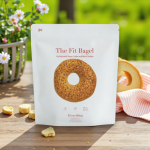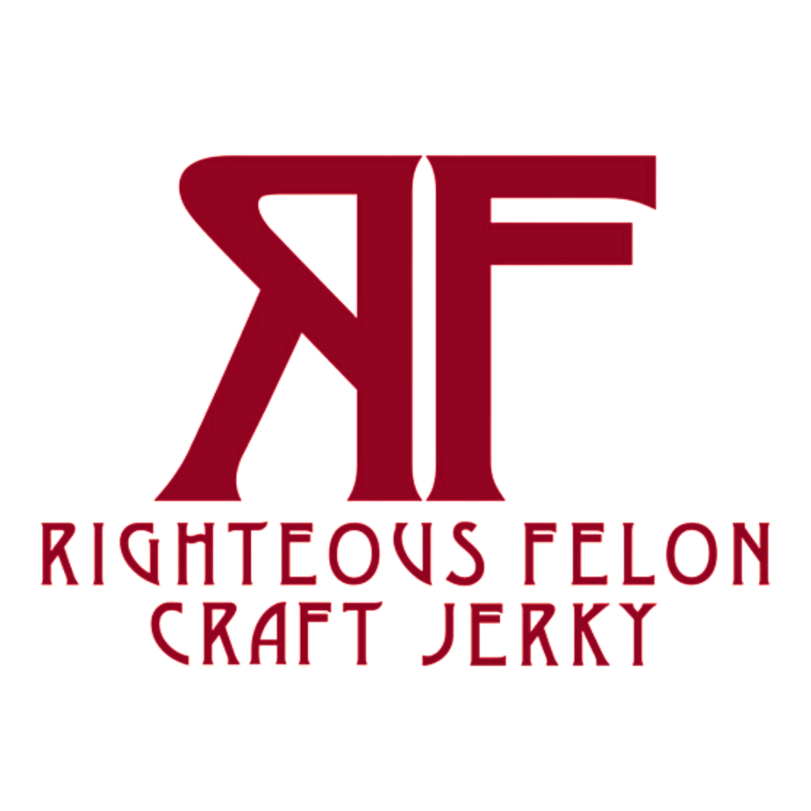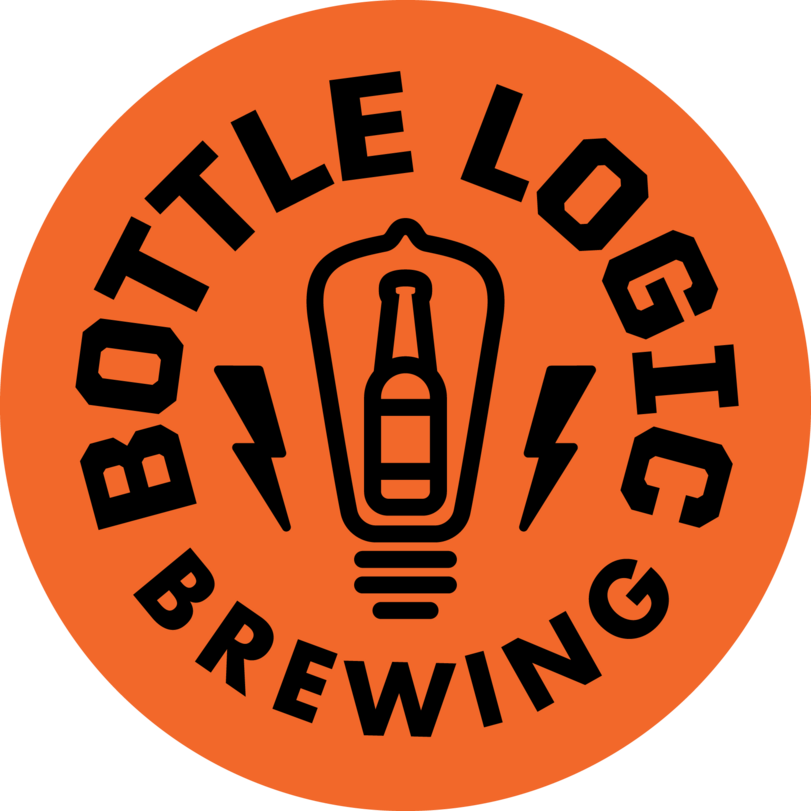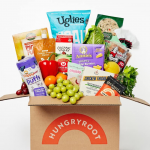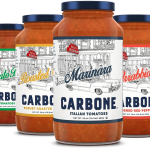Banza Goes After Breakfast, Launches Waffles
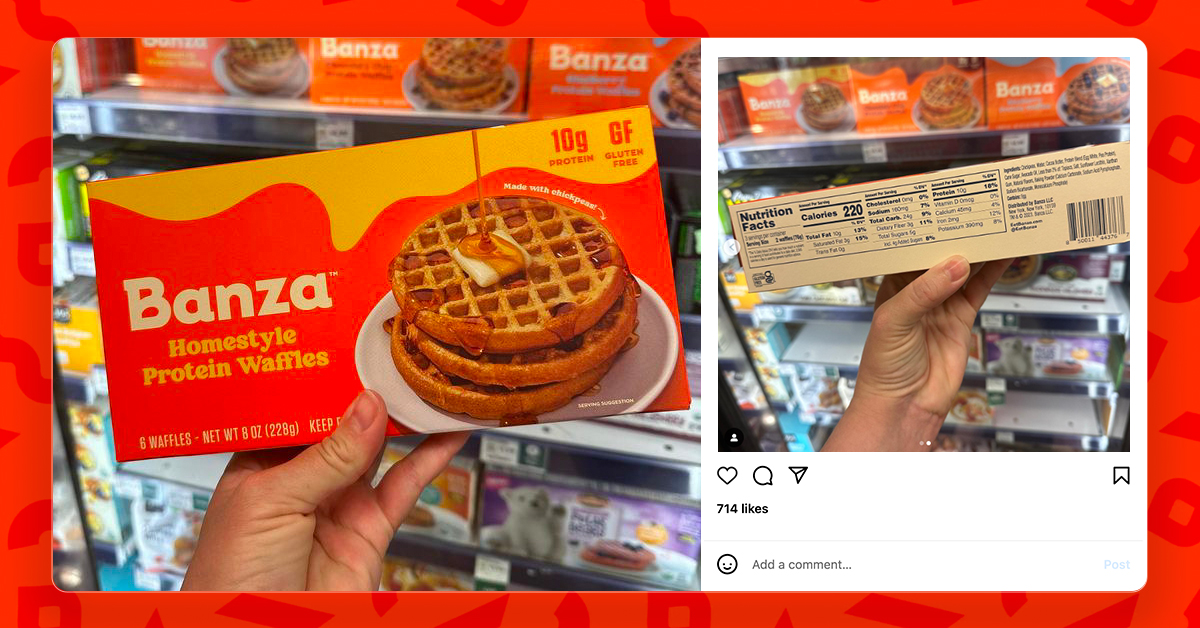
In its ongoing quest to elevate the humble chickpea, Banza is looking to a new meal: breakfast.
The company is adding frozen waffles to its roster of fiber-rich foods, which includes noodles, frozen pizza and rice substitutes. Banza executives declined to comment for the story, but a spokesperson shared that the waffles will be available across Whole Foods’ stores by early September. According to listings already on some Whole Foods’ store websites, the line is available in Original, Chocolate Chip and Blueberry flavors with an MSRP of $4.99 per six-count box.
While the brand indicated the rollout may take time, Instagrammers such as CeliacAndTheBeast have already shared photos of the new waffles in stores located in Missouri and Arizona, which are in Whole Foods’ Central West and Midwest regions.
They’re billed as “protein waffles,” with the packaging featuring a callout for 10 grams of protein per two waffle serving. The original “homestyle” waffles have 220 calories, 24 grams of carbohydrates and three grams of fiber per serving, with other flavors sporting similar nutritionals. In addition to chickpeas, the gluten-free waffles contain a protein blend of egg whites and pea protein.
Banza was founded in 2014 as a chickpea pasta company. While the company saw rapid growth, over the last nine years other brands, including Barilla, Chickapea and Explore Cuisine have entered the market and grown their own distribution. On top of branded offerings, retailers such as Thrive Market, Kroger and Target have launched their own private label pastas. And chickpeas aren’t the only legume in town anymore, as black beans, mung beans, lentils and other pulses have emerged as well.
The company has gotten creative with its pasta offerings — with products including a Cascatelli pasta in conjunction with The Sporkful, both vegan and dairy mac and cheese products and even recently rolling out a bucatini — but there’s only so much room in the set. It also partnered on cobranded items, such as with frozen meal maker Life Cuisine — though the two pasta options made with Banza appear to be discontinued.
After pasta, the company’s next move was rice alternatives, essentially a chickpea orzo, before it launched a line of chickpea-based frozen pizzas and crusts in 2020.
Banza has raised several rounds of capital, in 2019 bringing in $20 million in a round co-led by Enlightened Hospitality Investments (the growth equity fund associated with restaurateur Danny Meyer’s Union Square Hospitality Group) and Prelude Growth Partners. The former fund, Banza execs said at the time, would provide strategic assistance to drive foodservice expansion. In the foodservice channel the brand has previously announced a partnership with Oath pizza restaurants, which offer Banza pizza crusts as an option.
Banza’s focus on frozen speaks to the larger industry interest in the freezer case that began during the COVID-19 pandemic. As consumers looked to stock up, the frozen aisle became more appealing, and that behavior appears to have stuck. In March and April 2020, frozen food was one of the biggest contributors to retail sales growth, The American Frozen Food Institute reports, and that trend has stuck around. In fact, between 2018 and 2022 there was a roughly $19.4 billion increase in frozen food sales. Meanwhile, according to April SPINS data, sales of frozen breakfast items rose 12.4% year-over-year.



